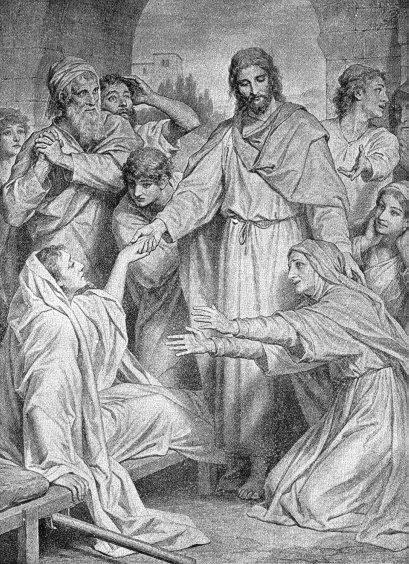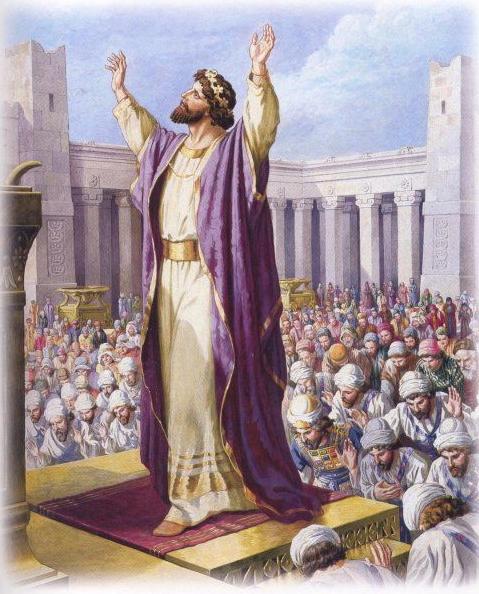
Ecclesiastes, Part 8: Even Vanity is Vanity
It seems to be often overlooked, that the first syllable in the word culture is cult. The first definition of culture listed in the Merriam-Webster on-line dictionary is “the customary beliefs, social forms, and material traits of a racial, religious, or social group; also : the characteristic features of everyday existence (such as diversions or a way of life) shared by people in a place or time.” Our definition would be a little different, but the point should be made.
Historically, in societies which are free of tyranny, the people shared a common origin, myth, tradition, and religious practice, which was actually a part of their daily lives from early childhood. The values of their society were ingrained into them during their educational process, taught to them by their parents from infancy. What to think about God, life, death, morality and sin, the people around them, other nations and races, all of these things are taught them in their upbringing, and are taught consistently in every phase of life. But tyrannies are generally compelled to codify and enforce their own religious beliefs and practices by either force or law, when they have objectives which conflict with the values of the organic nation over which they rule. For this reason, in chapter 16 of the Book of Acts, we see where certain Roman citizens were confronted with the Christian Gospel and they complained to the magistrates and said “These men agitate our city, being Judaeans, and they declare customs which are not lawful for us to receive nor to do, being Romans!”
When Rome was a Republic, its people naturally agreed to cooperate because they had a common origin and a shared culture and values. When Rome became an empire, its citizens were required to pledge allegiance to the emperor, even making sacrifices in temples dedicated to the emperor, and their daily practices and customs were restricted by law. The eventual acceptance of Christianity is often blamed for fracturing the Roman people and precipitating the downfall of the empire. However it is clear that the empire and its people had already slid into a state of decadence, and it had already begun to crumble long before Christianity was accepted.








 Ecclesiastes, Part 7: The Rhetoric of the Skeptic
Ecclesiastes, Part 7: The Rhetoric of the Skeptic

 Ecclesiastes, Part 4: The Vanity of Both Wealth and Poverty
Ecclesiastes, Part 4: The Vanity of Both Wealth and Poverty Ecclesiastes, Part 3: The Comforter
Ecclesiastes, Part 3: The Comforter Ecclesiastes, Part 2: Vanity and Deliverance
Ecclesiastes, Part 2: Vanity and Deliverance Ecclesiastes, Part 1: Methods of The Preacher
Ecclesiastes, Part 1: Methods of The Preacher





